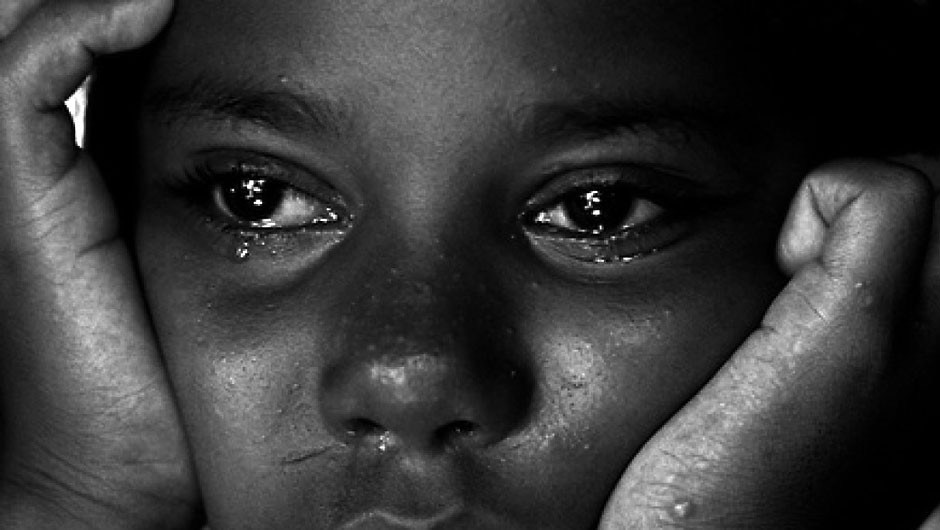More than 100 girls in El Salvador, some as young as 10, got pregnant after being raped at home during the coronavirus lockdown, but strict laws mean they have no safe options to end unwanted pregnancies, campaigners said on Monday.

Under El Salvador’s total ban on abortion, even in cases of rape, incest, a deformed fetus or when a mother’s life is in danger, the girls must carry the pregnancies to term or seek risky backstreet abortions, say reproductive rights advocates.
“In many cases, it’s a pregnancy that girls are forced to live with,” said Morena Herrera, head of the Citizen Group for the Decriminalization of Abortion (CDFA).
“That’s reality. There are no options,” she told the Thomson Reuters Foundation.
According to health ministry figures, 114 girls aged 10 to 14 became pregnant during El Salvador’s rigid lockdown in the months of April, May and June.
Neither the government’s health nor women’s ministries responded to requests for comment.
The figures showgirls are not protected or safe at home, forced by lockdowns and school closures to be confined with abusive family members, rights groups say.
“The majority of rapes are carried out by relatives, like grandfathers, and people known by the girl,” said Vilma Vaquerano, an expert on gender violence at The Salvadoran Women for Peace (ORMUSA), a feminist group.
“This didn’t originate from the pandemic. It’s a constant problem,” Vaquerano added.
About a third of all pregnancies in the Central American nation occur among girls under age 19, driven by scarce access to birth control, sexual violence and a lack of education on girls’ rights, activists say.
Abortion has been a crime in the socially conservative and mostly Catholic nation since 1997.
At least 14 women were sentenced to prison for terms of 12 years or more for abortion crimes from 2000 to 2014, according to the CFDA.
Attempts by lawmakers to pass various bills to ease the ban failed in 2016 and 2017.
President Nayib Bukele has said he believes abortion should be allowed only if the mother’s life is at risk, but easing the ban is not a political priority.
“There’s no public debate regarding the need to change the total ban so that girls and women have access to a safe abortion,” said Herrera.
Worldwide, unsafe abortion is one of the main causes of maternal deaths among girls and women, according to medical charity Medicins Sans Frontieres (MSF).
“Teen girls who become pregnant may not want to become mothers. We know it pushes them to resort to unsafe methods,” said Dr Manisha Kumar, who heads MSF’s global task force on safe abortion care.
Young girls also face risky pregnancies, she said.
“A 10-year-old girl’s body is still growing and developing. It’s not large enough to carry through pregnancy and childbirth,” Kumar said.
Some pregnant girls kill themselves, although there is little data on young suicides due to unwanted pregnancies in El Salvador, activists say.
Suicide is often recorded as death by poisoning, making it unclear if the case was intentional or accidental, they say.
A 2019 report by the United Nations Population Fund (UNFPA) documented the cases of 14 El Salvadoran pregnant teens and young women who killed themselves, most by drinking pesticide.
“Teen pregnancy is an expression of gender-based violence where you have girls aged 10, 11, 12, pregnant,” said Hugo Gonzalez, UNFPA’s country representative in El Salvador.
He said a key way to prevent teenage pregnancies is to ensure children get sex education in schools but apart from a few pilot projects and teacher training, many receive little or no sex education.

